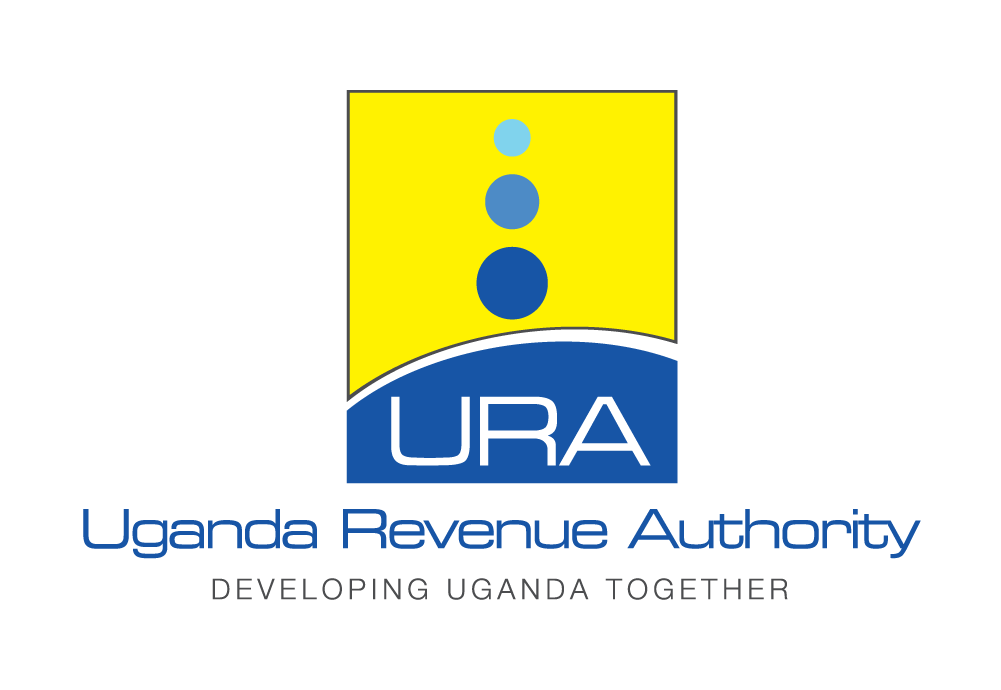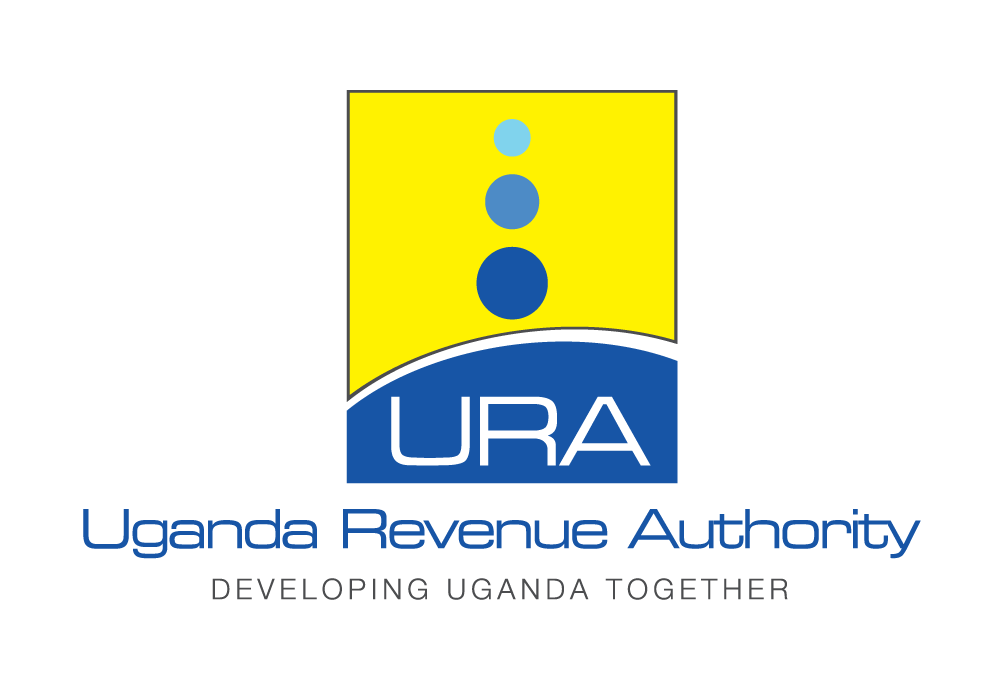GENERAL WAREHOUSING
Q. Who qualifies for exemption as a returning resident?
A. Any Uganda citizen who has been out of the country for a minimum of 12 months qualifies for exemption as a returning resident.
Q. Is there given criteria in regard to what the person has been doing before returning to Uganda?
A. No. Regardless of what the person has been doing in the former country of abode, they get to enjoy the exemption.
Q. How much and what kind of cargo is liable for the exemption for returning residents?
A. A returning resident is allowed one motor vehicle which should not have carrying capacity more than 2 tons, not be a bus or minibus of seating capacity of more than 13 passengers. The motor vehicle should have been registered in the names of the individual for a period exceeding 12 months.
A returning resident is also allowed used household personal items previously in use in the country of stay.
Q. Can a foreign national who is on first time arrival say coming for employment or on transfer in case of international institutions and companies entitled to exemption?
A. Yes. Persons on first arrival from foreign countries are equally entitled to exemption.
Q. Can a former Ugandan resident/national, now in possession of a foreign nationality enjoy exemption as a returning resident?
A. There are scenarios under this case. A Ugandan resident who received foreign nationality and does not have a valid Ugandan passport and also did not register for dual citizenship. This individual would not qualify for the exemption.
In the case where an individual has a valid Ugandan passport as well as a foreign passport and has registered as a dual citizen, they qualify for the exemption.
Q. What is the ware housing period?
A. Warehousing period is 06 months but can be extended to 09 months upon application to Commissioner customs.
Q. What goods pay export levies?
A. Fish, unprocessed minerals, wet hides and skins, tobacco.
Q. What is a customs bonded warehouse?
A. A bonded warehouse is any warehouse or other place licensed by the commissioner for the deposit of dutiable goods on which import duty has not been paid and which have been entered to be warehoused.
Q. What are the types of bonded warehouses?
- A public general goods bonded warehouse
- A public motor vehicle bonded warehouse (car bond)
- A private general bonded warehouse
- A private motor vehicle bond
- A manufacture under bond warehouse
Q. What are the common operations in a bonded warehouse
- Goods in a warehouse may be repackaged, bulked, sorted, lotted, packed or skipped
- Owner may take samples
- Change of ownership if application is made on a prescribed form and signed by both owner and intending owner
- Assemble or manufacture in the warehouse
- Goods may be moved from a warehouse without payment of duty for such period, and in such quantities as the officer may deem appropriate subject to conditions imposed and upon giving such a security.
- Goods may be moved from one bond to another bond and the owner shall be required to an entry thereof.
- Verification can be executed at owners premises in unique circumstances upon request
Q. What is consolidated cargo?
This is cargo that belongs to various persons assembled to form one consignment at the country of supply which may be declared as belonging to one importer(consolidator) at the port of destination and deconsolidated back into the original individual consignments for delivery and payment of taxes to the respective cargo owners upon arrival at the destination port or consolidators warehouse
Q. What is the procedure for clearing consolidated cargo (in reference to your station/region)?
There are three ways through consolidated cargo can be cleared through the customs
- Consolidator handles the entire process to completion; i.e. ships, appoints agents, declares, pays taxes, pays handling charges, inspections etc. in this case the consolidator shall be deemed as owner of the goods throughout the entire clearance process
- Consolidator issues house bills to the respective owners indicating the packages, description, weights, name etc. Here the consignee is responsible for appointing the agent, declaration, paying taxes and any other charges necessary at the destination port
- Consolidator warehouses the goods and de-groups through Transfer of ownership and individual owners pay taxes seperately
- On declaration to customs the requirements as set out in sec 34 will apply and valuation will be done in line with sec 122 and fourth schedule of EACCMA, 2004 as amended
Q. How long can an importer keep goods in a bonded warehouse?
All warehoused goods are allowed a period of 6 months and with written permission of the Commissioner a further period of 3 months
Additional period may be allowed under the following circumstances:
- Wines and spirits in bulk warehoused by a licensed manufacturer of wines and spirits
- Goods in duty free shops
- New motor vehicles warehoused by vehicle dealers
Where goods due for re-warehousing are not actually re-warehoused, then they are sold by public auction after one months’ notice of such sale by publication unless they are perishable
The proceeds are used in discharge of duties, any rent or charges due to Customs or to warehouse keeper, port charges, freight and any other charges
Q. What goods qualify to be cleared under Warehousing?
Subject to any regulations, all goods liable to import duty may on first importation be warehoused without payment of duty in a government warehouse or a Bonded warehouse.
Q. How long are goods allowed to stay in the warehouse bond before auctioning?
All warehoused goods are allowed to stay in a warehouse for a period of six (6) months from the date on which they were warehoused and may, with the written permission of the Commissioner, be re-warehoused for a further period of three months
Q. Which goods qualify for provisional release?
Subject to any regulations or conditions, all dutiable goods, with written permission of the Commissioner, may qualify for provisional release, but most importantly, goods cleared under Memorandum of Understandings, with partial/instalment payment of taxes, goods for repairs like Motor Vehicles, and any other goods that are pending further clearances by other government agencies.
Q. What goods qualify for verification at owners and what are the conditions?
All dutiable goods but most importantly fragile, bulky, unassembled and or Heavy machinery plants subject to any regulations with written permission of the Commissioner.
The conditions include among others; Client having a safe, secure, sealable store/room, Making a customs declaration (SCT-PEV, or Warehousing Transit – WT8), upon Warehousing of goods in the bond on arrival, Make a written request to the Commissioner, confirmation of the nature of goods by the proper officer, upon grant of permission by the Commissioner in writing, the Warehousing declaration is released by Document Processing Center – DPC, Client makes a customs declaration for Home consumption and pays initial taxes and subject to any other compliance checks, goods are then released provisionally for verification at Owners.
Q. How long does verification of goods take in the Bonds?
Unless otherwise, depending on the nature of goods, the average time for verification of goods in Bonds ranges between 3hrs and 12hrs for single clients and 12hrs to 24hrs for groupage cargo or consolidated goods within working days.
CENTRAL BUS TERMINAL (CBT)
Q. What is Central Bus Terminal?
Central Bus Terminal is an inland Customs station that was established to receive and clear passenger/cargo buses destined to Kampala from Nairobi.
Q. What is done at Central Bus Terminal?
- Receive passenger buses with cargo
- Offload all cargo from passenger buses that is meant for customs clearance
- Rummage buses to confirm that everything that is dutiable has been removed and, or if there is any concealment of prohibited/restricted goods
- Weighing the cargo to ascertain correct weight
- Create manifests
- Capturing of entries by clearing agents
- Verification of goods
- Doc check/quality assurance of verification accounts
- Valuation of goods and payment of taxes
- Releasing & Exiting cargo
Q. Who qualifies to clear goods via Central Bus Terminal?
Small business people/traders who buys goods from strictly from Nairobi.
Q. What are the operating/working hours at CBT?
The station operates from Monday-Sunday from 8:00am-6:00pm.
However, on Sunday only offloading of cargo is done.
Q. Is central Bus Terminal a Customs Warehousing bond?
No., it’s a customs satellite station and it clears received goods within 24hrs.
(Visited 938 times, 6 visits today)




No Comments yet!